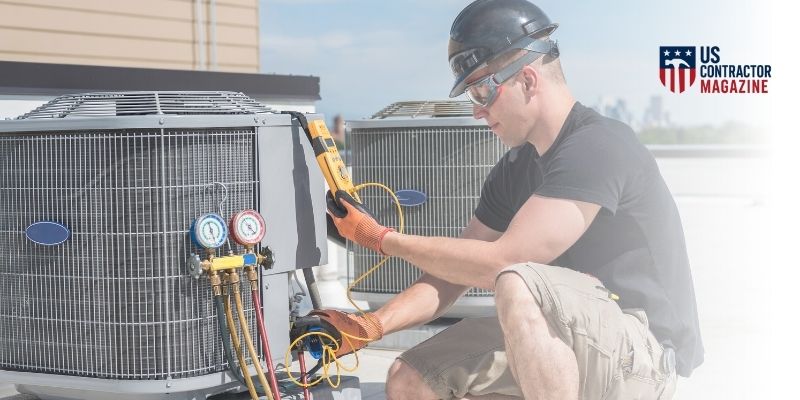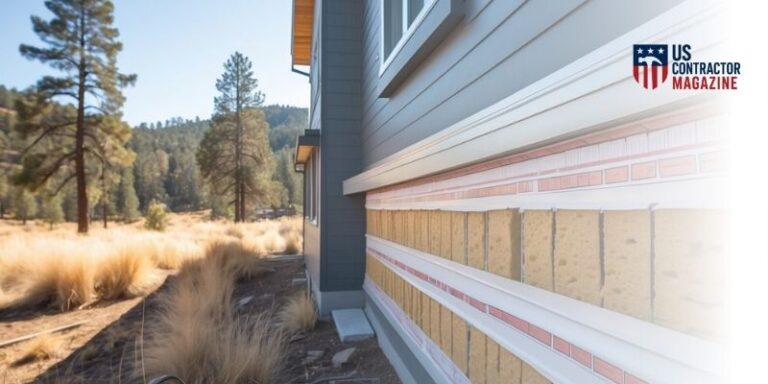
As cottonwood trees shed their fluffy white seeds across Minnesota, HVAC technicians are sounding the alarm: the seasonal phenomenon is causing serious air conditioning problems. With temperatures rising, clogged units can lead to system failures, reduced efficiency, and increased repair costs — just when reliable cooling is most critical.
Fluffy Trouble for Cooling Systems
Cottonwood trees, common in the Midwest, release their seeds in late spring and early summer. While harmless to most people, the seeds are a major nuisance for HVAC systems, where they often collect on outdoor condenser coils, blocking airflow and causing equipment to overheat or shut down entirely.
Key Takeaways:
- Cottonwood seeds are clogging air conditioning units across Minnesota.
- HVAC systems can overheat or shut down when airflow is restricted.
- Homeowners are advised to clean outdoor units at least once a week during peak shedding.
- Ignoring the issue can result in costly repairs or full system replacements.
- HVAC professionals suggest using coil cleaner spray and garden hoses for routine maintenance.
Expert Advice: Don’t Wait for a Breakdown
Technicians across the Twin Cities report a surge in service calls related to clogged AC units. In many cases, the problem is avoidable with simple preventive maintenance.
“People don’t realize how fast those seeds can blanket a unit,” said one technician. “It can happen in a matter of hours, especially after a windy day.”
Homeowners are encouraged to inspect their outdoor HVAC units weekly during the cottonwood shedding season. Experts recommend turning off the power and using a garden hose (never a pressure washer) to gently rinse the coils, or applying a dedicated coil cleaning foam.
Risk of Costly Damage
Failing to keep HVAC systems clean can lead to reduced cooling performance, higher energy bills, and ultimately system burnout. In extreme cases, entire compressor units may need to be replaced — an expense that can run into the thousands of dollars.
Conclusion
Cottonwood season may be short, but its impact on HVAC systems can be long-lasting. With a little proactive care, Minnesota homeowners can keep their cool, avoid expensive repairs, and ensure their air conditioners run efficiently throughout the summer.







